Grapes, one of nature’s most delightful fruits, are enjoyed by millions worldwide. While organic grapes have gained popularity in recent years, non-organic grapes still dominate the market. In this article, we will delve into the world of non-organic grapes, exploring their benefits, considerations, and the impact they have on the industry. 1. Accessibility and Convenience One of the primary advantages of non-organic grapes is their accessibility and convenience.
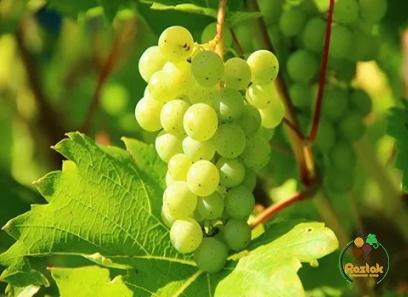
.
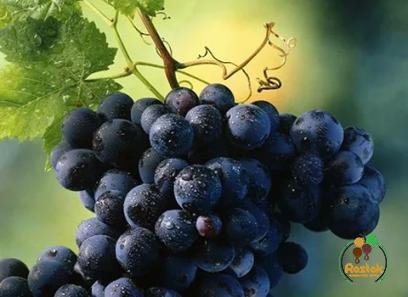 Non-organic farming methods allow for higher crop yields and a consistent supply throughout the year. This consistency ensures that consumers can enjoy grapes at any time, regardless of seasons or weather conditions. Additionally, non-organic grapes are often more widely available and can be found in supermarkets and grocery stores, making them easily accessible to consumers. 2. Affordability Another appealing aspect of non-organic grapes is their affordability. Non-organic farming methods are often more cost-effective than organic practices, leading to lower production costs and subsequently lower prices for consumers.
Non-organic farming methods allow for higher crop yields and a consistent supply throughout the year. This consistency ensures that consumers can enjoy grapes at any time, regardless of seasons or weather conditions. Additionally, non-organic grapes are often more widely available and can be found in supermarkets and grocery stores, making them easily accessible to consumers. 2. Affordability Another appealing aspect of non-organic grapes is their affordability. Non-organic farming methods are often more cost-effective than organic practices, leading to lower production costs and subsequently lower prices for consumers.
..
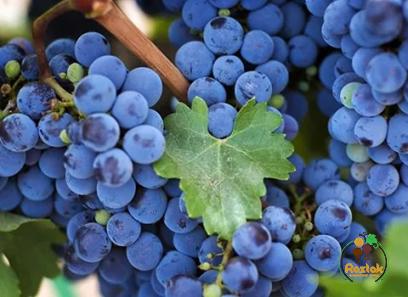 This enables a wider range of individuals to enjoy the health benefits and taste of grapes, regardless of their budget. 3. Varied Selection and Quality Non-organic grape farming allows for a wide selection of grape varieties, giving consumers a plethora of choices. Different grape varieties have distinct flavors, textures, and color, catering to the preferences of individuals with diverse tastes. This selection also drives innovation in the industry, as growers continuously strive to develop new and improved grape varieties. Furthermore, non-organic grapes often exhibit consistent quality due to more intensive farming methods. Growers have greater control over factors like irrigation, fertilization, and pest control, optimizing growth conditions to produce grapes of consistent size, ripeness, and taste. This relentless pursuit of quality is crucial in maintaining consumer trust and satisfaction.
This enables a wider range of individuals to enjoy the health benefits and taste of grapes, regardless of their budget. 3. Varied Selection and Quality Non-organic grape farming allows for a wide selection of grape varieties, giving consumers a plethora of choices. Different grape varieties have distinct flavors, textures, and color, catering to the preferences of individuals with diverse tastes. This selection also drives innovation in the industry, as growers continuously strive to develop new and improved grape varieties. Furthermore, non-organic grapes often exhibit consistent quality due to more intensive farming methods. Growers have greater control over factors like irrigation, fertilization, and pest control, optimizing growth conditions to produce grapes of consistent size, ripeness, and taste. This relentless pursuit of quality is crucial in maintaining consumer trust and satisfaction.
…
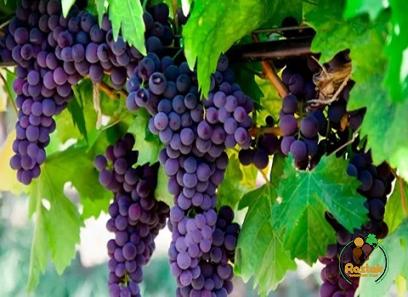 4. Economic Sustainability Non-organic grape farming provides economic sustainability for growers and the industry as a whole. These methods allow growers to maximize their yields, generate stable incomes, and promote job security within the sector. The increased productivity of non-organic farming also supports local economies by creating employment opportunities and strengthening supply chains. 5. Environmental Considerations While non-organic grapes have their benefits, it is essential to acknowledge the environmental considerations associated with their production. Pesticide use and intensive farming practices can impact soil health, water quality, and biodiversity. However, stringent regulations and industry initiatives are continuously being implemented to minimize these negative effects and promote more sustainable practices within the non-organic grape farming industry. Conclusion Non-organic grapes offer consumers accessibility, affordability, and a diverse selection, all while supporting economic sustainability in the agricultural sector. However, it is important to be mindful of the environmental considerations associated with this non-organic farming.
4. Economic Sustainability Non-organic grape farming provides economic sustainability for growers and the industry as a whole. These methods allow growers to maximize their yields, generate stable incomes, and promote job security within the sector. The increased productivity of non-organic farming also supports local economies by creating employment opportunities and strengthening supply chains. 5. Environmental Considerations While non-organic grapes have their benefits, it is essential to acknowledge the environmental considerations associated with their production. Pesticide use and intensive farming practices can impact soil health, water quality, and biodiversity. However, stringent regulations and industry initiatives are continuously being implemented to minimize these negative effects and promote more sustainable practices within the non-organic grape farming industry. Conclusion Non-organic grapes offer consumers accessibility, affordability, and a diverse selection, all while supporting economic sustainability in the agricultural sector. However, it is important to be mindful of the environmental considerations associated with this non-organic farming.




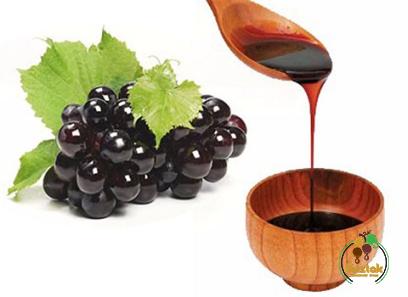


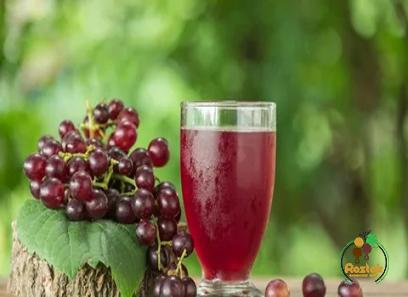
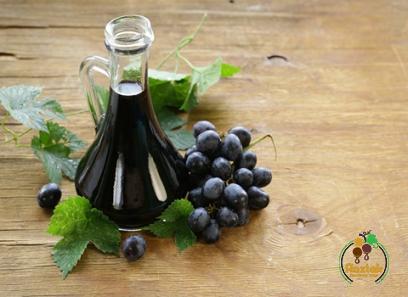
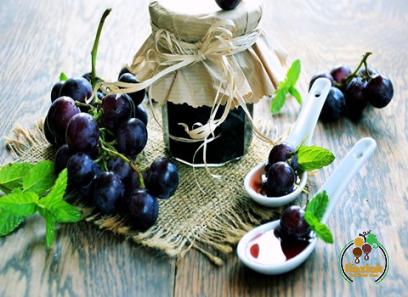
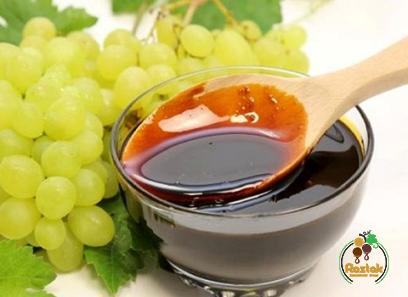
Your comment submitted.